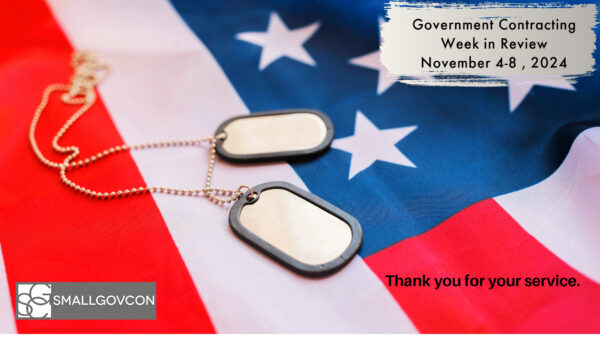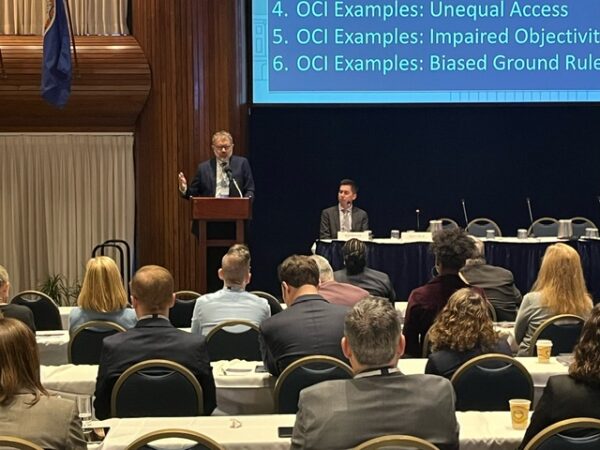
Hello, blog readers! We want to extend a special thank you to all the veterans and active-duty military as we approach Veterans Day. Thank you for your service. Enjoy the weekend.
It’s Friday and it’s time for another week in review. With the recent election behind us, the focus shifts to addressing major issues facing the new Congress. Also this week, SBA announced a record number of certifications for diverse-owned small businesses in FY24. SBA unveiled plans for a streamlined certification process in FY25, aimed at reducing bureaucratic barriers for small firms. SBA also issued a proposed rule to expand the small business rule of two.
Continue reading



